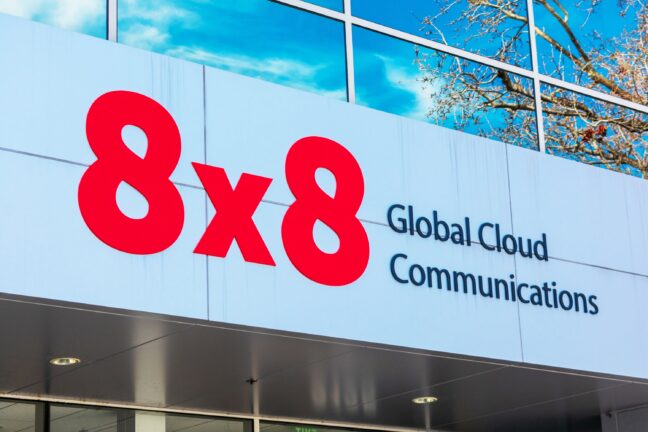In a surprising turn of events, Adobe's ambitious $20 billion bid to acquire its rival Figma has crumbled, as the companies jointly announced today that regulatory hurdles in Europe have dealt a fatal blow to their acquisition aspirations. Unveiled last September, the mega-deal was destined to face scrutiny, given its scale and the implications of sidelining a major competitor.
“Although both companies continue to believe in the merits and procompetitive benefits of the combination, Adobe and Figma mutually agreed to terminate the transaction based on a joint assessment that there is no clear path to receive necessary regulatory approvals from the European Commission and the U.K. Competition and Markets Authority,” the companies wrote in a press release.
While the U.S. Department of Justice (DOJ) had been closely monitoring the situation throughout 2023, the companies engaged in a last-ditch effort with the DOJ to avert potential legal action over the weekend. However, the regulatory storm had already gathered momentum in Europe, with both the European Commission and the U.K. Competition and Markets Authority expressing concerns.

European objections
The U.K.'s conclusion in late November, citing potential harm to innovation, triggered an in-depth investigation. This echoed the European Union's earlier decision in August, setting the stage for a formidable roadblock. The primary apprehension stemmed from Figma's position as the "clear market leader" in interactive product design tools, acting as a potent influence in the digital asset creation tools space. The fear was that Adobe's acquisition of Figma would stifle competition by sidelining an "effective competitor."
Figma's CEO and co-founder, Dylan Field, revealed in a blog post that the joint decision to terminate the transaction came after their unsuccessful attempts to convince regulators of the nuanced differences between their products and business models.
A billion-dollar parting fee
Adobe is now obligated to pay Figma a staggering termination fee of $1 billion, a contractual obligation triggered by the failure to secure regulatory clearance or close the deal within 18 months of its announcement last September. Even though the 18-month deadline had not yet elapsed, and no regulatory body had issued final findings, the companies, facing a potential DOJ intervention, opted to cut their losses and abandon the deal altogether.
This situation serves as a testament to the complex landscape of regulatory scrutiny in the technology sector, where even industry giants like Adobe must navigate carefully to avoid antitrust obstacles. The fallout leaves both companies charting new courses in a competitive digital design landscape that remains ever-evolving.
A similar deal that was under scrutiny was Microsoft's acquisition of Activision Blizzard, but it went through for $69 billion.









